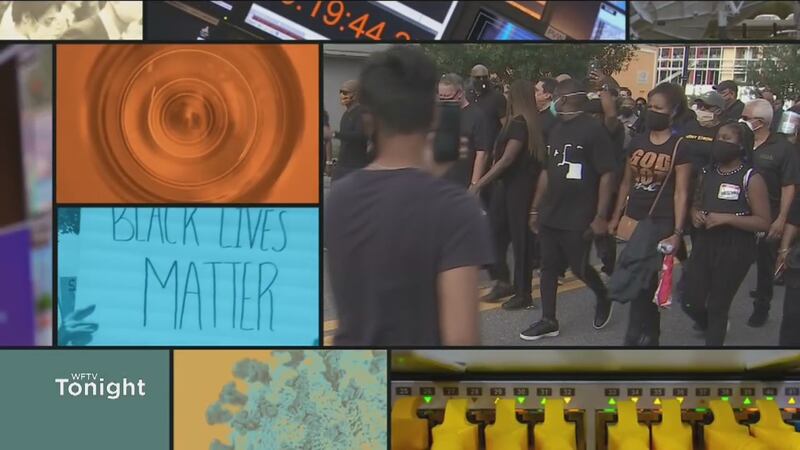It’s called qualified immunity. And since the early 1980s, it’s made it difficult for a police officer to be held accountable, even if a judge acknowledges they violated someone’s constitutional rights.
For decades, civil rights lawyers have argued it shields bad officers based on the most minor details.
“We have a structural problem,” said Jerry Girley, a civil rights attorney.
Over and over, Girley has faced challenges holding law-enforcement accountable for cases of accused misconduct.
Read: Orlando police demonstrate policing techniques for dealing with crowds, resisting arrest
“The girl on the street or the guy on the street knows there’s backup in the system,” he said.
One of those fail-safes is qualified immunity, which grants government officials immunity for civil and constitutional rights violations – unless they are clearly established.
The reason, Girley said: “We want people on the wall dealing with scary people doing the scary things that we don’t want to do.”
In theory, Girley said, it’s an acceptable trade-off. But in practice, this is how qualified immunity plays out in many of our courts.
In February, a 5th Circuit U.S. Court of Appeals let a prison guard off for pepper spraying an inmate for “no reason,” because case law only established it violates constitutional amendment to use a Tazer on an inmate for no reason.
The established right has to be that specific, and that clear.
Girley said about 75% of the time, cases are tossed for qualified immunity before ever seeing a judge.
And if he does get inside a courtroom and wins, he has to win an appeal in the 11th Court of Appeals – which Girley said has the oldest, whitest and most conservative judges in the country.
“Justice looks like the judge you’re in front of,” he said.
Banning qualified immunity, as one conservative Michigan representative has asked Congress to do, would at least give a jury a chance to decide if an officer was in the right, Girley said.
“I’m not anti-police; I represent police officers in this practice,” he said. “But wrong is wrong and right is right. If you shoot a man in his back and put in your police report the man was running toward you with his hand in his waistband, you need to be held accountable.”
© 2020 Cox Media Group







